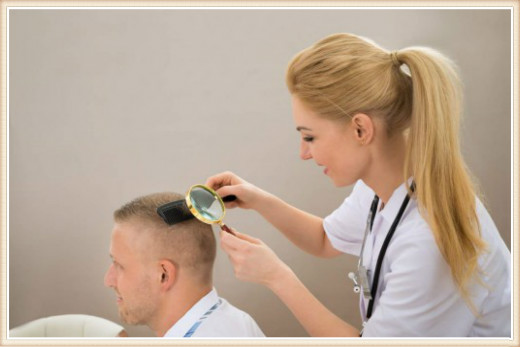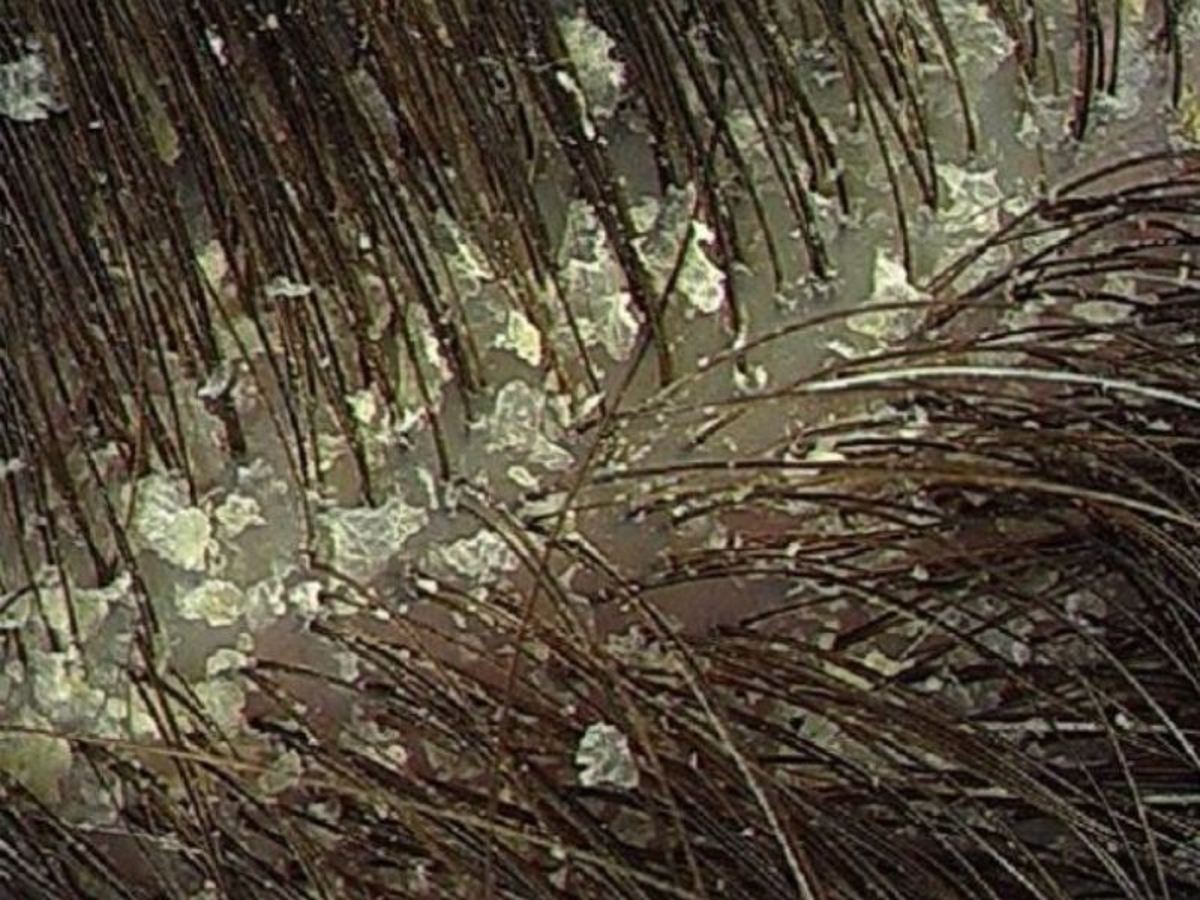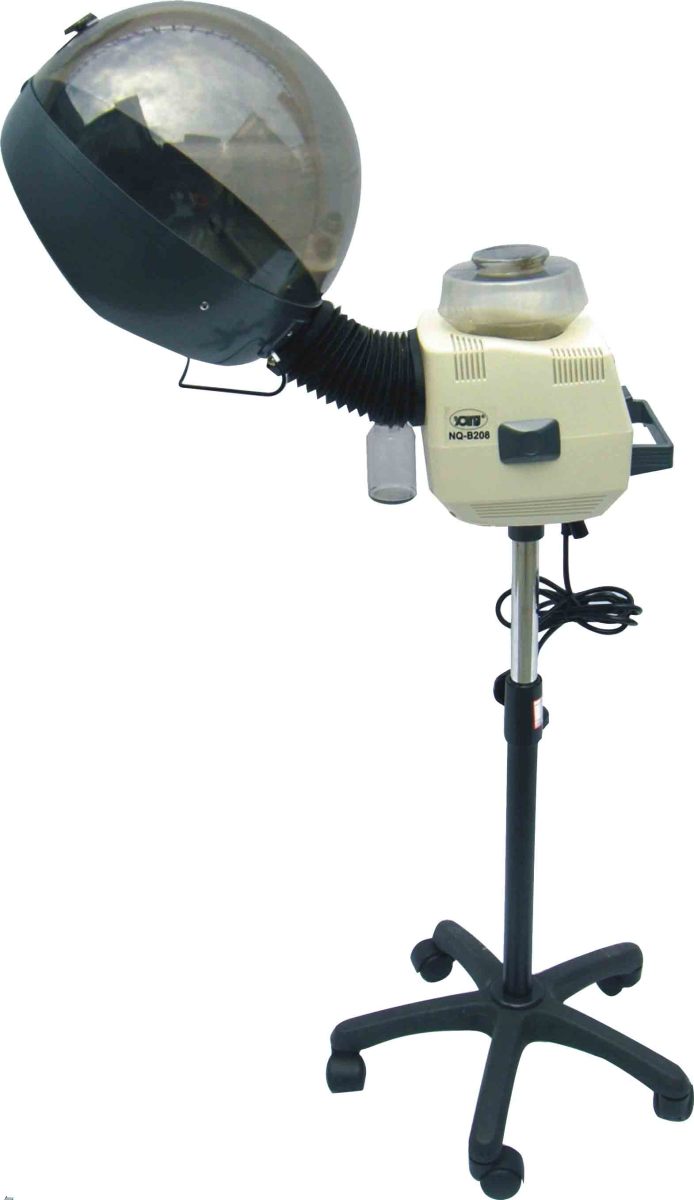Soothe an Itchy Scalp
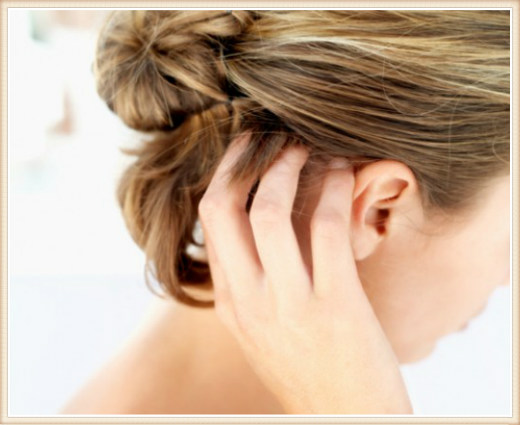
Finally, reliable relief for embarrassing dandruff.
You never thought you’d be one of those people with telltale white flakes on her clothes. But you’re not alone: More than 1 million women suffer from dandruff. End the agony with this advice.
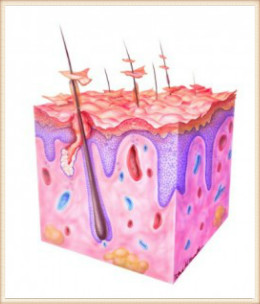
The Basic Facts
The scalp, simply, is skin covering the head. Like skin on other parts of the body, it has three layers: a thin outer layer, or epidermis; a second layer of blood vessels, nerves and hair follicles; and a third layer of fat-filled cells and nerves. Chronic dandruff (or seborrheic dermatitis) occurs when an overgrowth of yeastlike fungi, called Pityrosporon, stimulates the epidermis to produce cells more rapidly than usual. And though healthy scalps produce cells too, an overgrowth of yeast, triggered by a number of factors like hormonal imbalance and genetics, causes cells to move to scalp’s surface at an accelerated pace. This triggers flakes of dead skin to shed.
What To Look For
Your scalp needs help if you have:
- Persistent itching and flaking The urge to scratch all the time is a red flag.
- Redness at your part and hairline An inflamed scalp results when the body attacks the yeast, causing itchiness.
- Sensitivity to touch When fingering through, brushing or blow-drying your hair, your scalp feels tingly.
Simple Solutions
Here are the surprising causes – and effective cures:
- Learn to manage stress. Anxiety aggravates inflammation (and often precedes your conscious desire to scratch).

- Shampoo more often. if you don’t wash your hair daily, try doing so for a week with your regular shampoo. Flakes may just be styling product build-up.
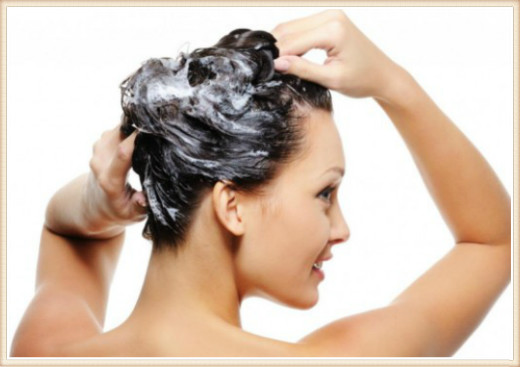
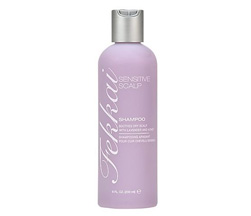
- Use a hydrating, flake-fighting cleanser. Ridding chronic flakes will require a conditioning anti-dandruff shampoo with anti-fungal tea tree oil or zinc. Tried-and-true choices: Head & Shoulders Sensitive Care Shampoo and Frederic Fekkai Sensitive Scalp Shampoo. Follow with your regular conditioner.
What Works
If an over-the-counter shampoo doesn’t help after two weeks of use, visit a dermatologist, who may prescribe a more potent, yeast-killing shampoo along with an antihistamine to calm the inflammation.
Bottom line The quicker you take action against dandruff, the less likely you are to experience extreme irritation or a prolonged problem
